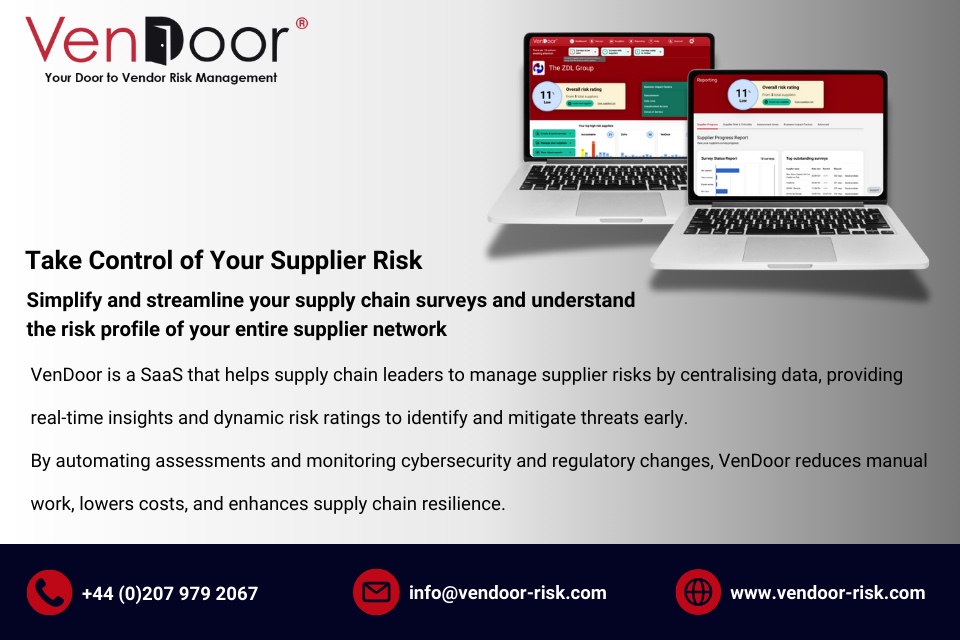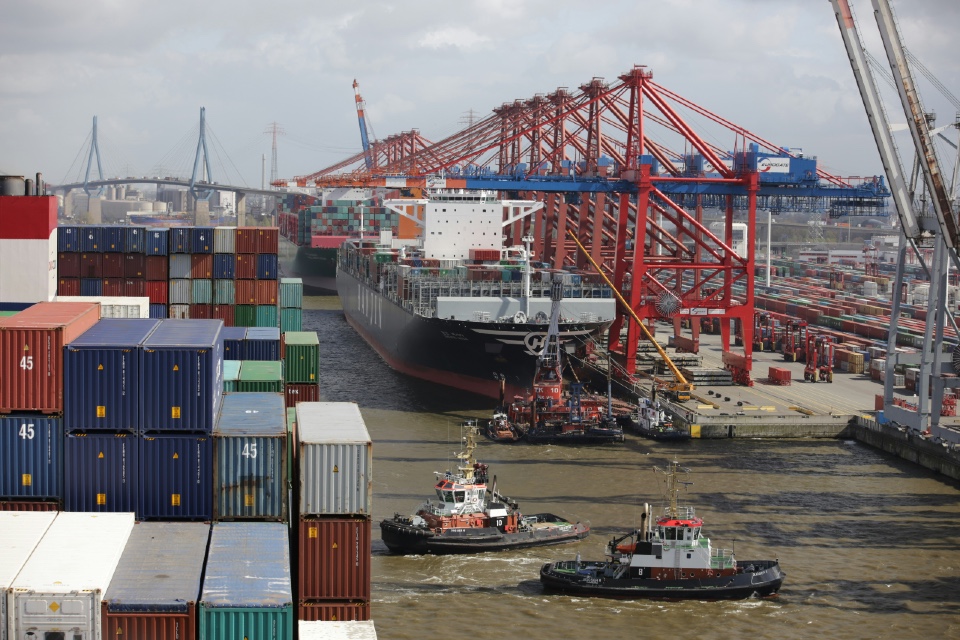With Step 4 of the Government’s ‘Roadmap out of Lockdown’ delayed beyond June 21st, Oliver Hall, Managing Director at allmanhall, the independently owned food procurement experts, comments on its effect on the supply chain and the foodservice sector…
After a challenging fifteen months, the food service sector is trying to remobilise and welcome back customers but is facing added complications from a supply chain under extreme pressure from multiple lockdowns. The challenges faced by suppliers are nationwide, and are a culmination of factors including the re-opening of hospitality creating an unprecedented surge in demand, recent good weather resulting in further heightened demand, and an extreme shortage of drivers UK-wide.
With these unexpected pressures on the supply chain, one unavoidable outcome is changes to delivery days and delivery frequency being enacted by suppliers. The national shortage of HGV drivers has had a huge impact on the whole supply chain with foodservice suppliers experiencing a knock-on effect on both in-bound and out-bound deliveries. Suggestions and proposals are being made to the Government, in an attempt to alleviate the driver shortages, even including military intervention.
One way for foodservice providers to reduce the risk of inconvenience, is to place orders with suppliers with as much advanced notice as possible, a minimum of day 1 for day 3 ordering wherever feasible. These longer lead times will reduce disappointment and help ensure orders are booked before any temporary cut offs are imposed by suppliers. Some suppliers are also making other adjustments, such as restricting the availability of a significant number of ambient and non-food split product lines. This will help to speed up picking times and help vehicle dispatch times, thus helping to meet delivery expectations.
Forward planning and communication are crucial when it comes to placing orders or liaising with suppliers over stock shortages and alternatives. However, all sectors of the hospitality industry have had to adapt “on the job” to deal with major changes in the way they operate. Staff shortages and training deficits is a worrying outcome of the lockdown, and together with depleted financial reserves, and the intensity of new operational requirements (increased cleaning, sanitisation, supervision of customers to ensure they are leaving their contact details, logging in using track and trace), may impact back-office tasks.
By allocating these tasks to team members and ensuring they have the capacity to do the work along with other operational requirements, pressures can be eased. It’s important to remember that all suppliers are struggling and many are working together to address shortages and meet customer’s demands. Another alternative is to outsource to a procurement provider, who will have a case and resolution handling service, and a helpdesk who can contact suppliers on your behalf.
Another result of the pandemic has been a rise in prices of foodstuffs. allmanhall operates analysis and insight updates throughout the year on food pricing, and 2021 is likely to be a volatile year which is now being experienced through the supply chain. Many input prices and raw material costs are at the highest that they have been during the last 4 years, with a resulting rise in food prices.
A procurement expert will monitor these price fluctuations, negotiating and mitigating price increases as much as possible.







